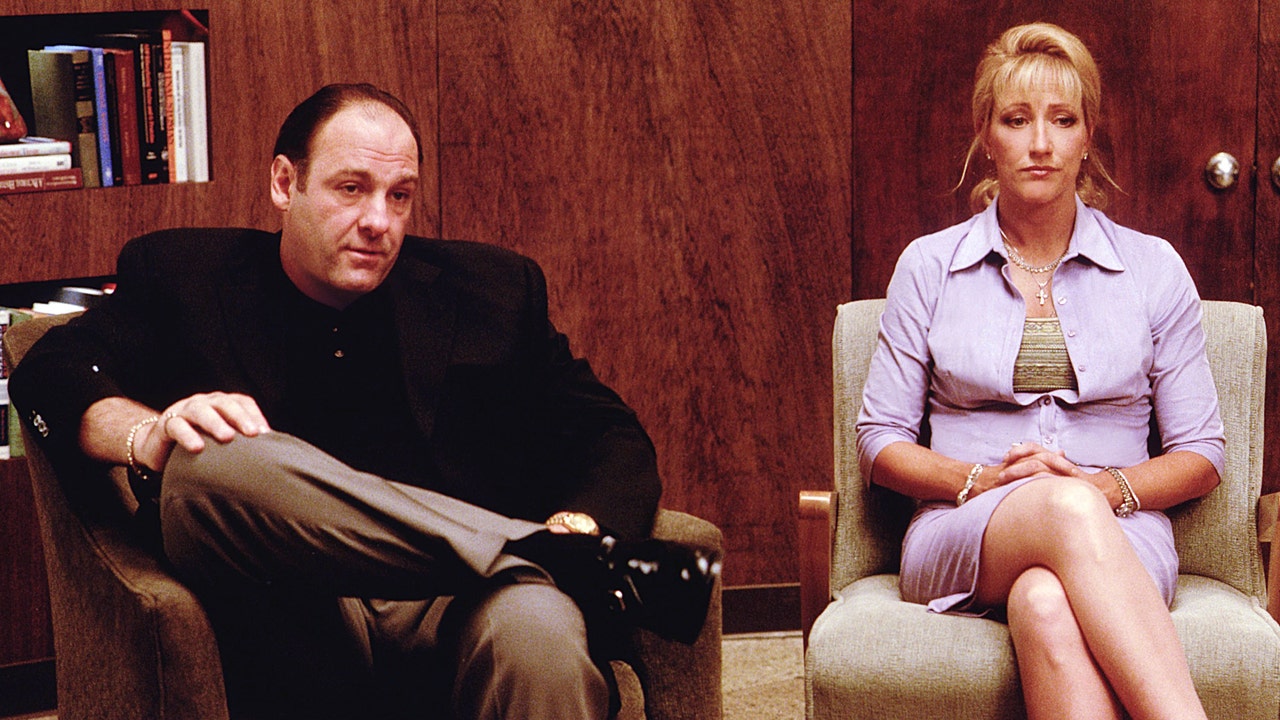Nichelle Nichols, best known for her groundbreaking role as Lt. Uhura on Star Trek, passed away on Saturday, a family spokesperson said on Sunday. Her presence as one of the USS Enterprise’s heroic bridge officers was groundbreaking in 1966. As an 11-year-old Whoopi Goldberg famously called out to her mother, “There’s a Black lady on TV and she ain’t no maid!” After completing the original show’s three seasons, Nichols continued her portrayal in a short-lived animated show in the early 1970s, and in a succession of six films from 1979 to 1991. She was 89 years old at the time of her death.
Born in 1932 in a suburb of Chicago, Nichols began her career as a singer and dancer, touring with both Duke Ellington and Lionel Hampton’s bands. She appeared at the legendary Blue Angel club in New York, as well as the Playboy Club, and was in a production of Carmen Jones in Chicago. She also had an uncredited role as a dancer in Otto Preminger’s 1959 film version of Porgy and Bess.
In 1964 she caught her big break, even if it didn’t seem like it at the time. She was cast in the episode “To Set It Right” on the short-lived series The Lieutenant. The show, which starred Gary Lockwood, was set at a West Coast Marine Corps base, and this particular episode featured some racially driven animosity between Dennis Hopper and Don Marshall. The series, which was produced in concert with the Pentagon, was unwilling to show anything that even remotely touched upon the issue of race, so the episode, in which Nichols co-starred, never aired. The show was cancelled after one season when its creator, Gene Roddenberry, pushed back.
Roddenberry, of course, went on to create Star Trek, where he was able to work in politically relevant scripts under the umbrella of science fiction. And he recruited many people from his time at The Lieutenant.
For three seasons, Nichols’s Lt. Uhura (a variant of the Swahili word uhuru, meaning freedom) served as the communications officer aboard the bridge, facing down Klingons, Romulans, Gorn, Doomsday Machines, and numerous other interplanetary troubles. When needed, she could slip into navigation, helm, and science stations when other officers were down. (In the animated series, she sat in the Captain’s chair for part of an episode.)
In a season two episode, when time was of the essence, Lt. Uhura was seen swiftly soldering clutch communications equipment. As others on the ship look on anxiously, she reminded them that “If it isn’t done just right, I could blow the entire communications system. It’s very delicate work.” The always logical Mr. Spock responded encouragingly, “I can think no one better equipped to handle it, Miss Uhura. Please proceed.”
But she was far from all business. She demonstrated her singing abilities on the show, often accompanying herself on the Vulcan lyre.
Content
This content can also be viewed on the site it originates from.
After the first season of the show, Nichols considered leaving the program and heading back to musical theater. Dr. Martin Luther King, hardly known for his commentary on television programming, personally persuaded her to stay. Meeting at an NAACP function, he told her his family loved the show, insisted that she had broken ground, and said that “for the first time,” with this role, “the world sees us as we should be seen, as equals, as intelligent people—as we should be.”
In the third season, Uhura and William Shatner’s Captain James T. Kirk, shared what is often remembered as (but, technically, was not) the first interracial kiss on television. (It was not a kiss borne of passion: the characters were being controlled telekinetically by nefarious aliens, as would happen from time to time.) After Star Trek’s cancellation, Nichols worked for decades as an advocate for NASA, tasked specifically with attracting more women and minorities to the organization.





















Discussion about this post